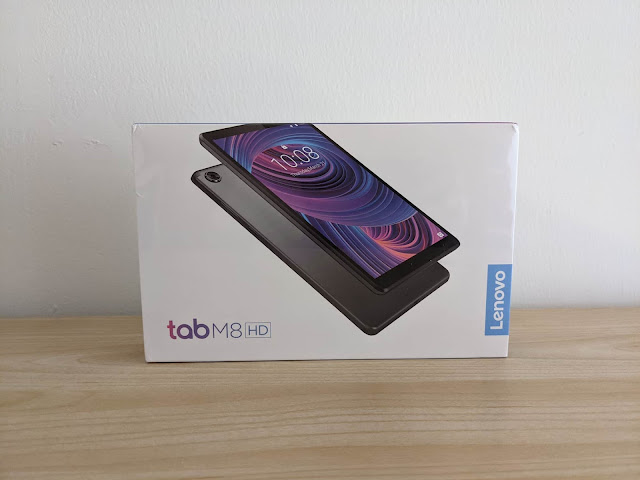Blogging Awareness in 2019
If you've been on the web for more than a decade, you’re familiar with blogs and how they work. But don’t take for granted that others do.
Two recent Reddit threads in r/Blogging hint at how low awareness of blogs and their infrastructure is in 2019. A blogger wondered how to follow a blog and suggested using Twitter, completely ignoring RSS. In a different thread, another blogger shared an anecdote that made him realize many young people don’t know what blogs are.
What’s more worrying is the demise of RSS, a valuable source of repeated, interested traffic that bloggers own and can control. It’s comparable in effectiveness and growth potential only to email newsletters.
Suppose a typical user stumbles upon a blog they like and want to follow. They don't know how to do it as RSS, the best tool for that, is even less known than blogs. Visiting the blog from time to time is impractical, the user forgets and moves on. They may follow the blog's social profile. But, given the way the algorithms of social platforms work, organic reach is nonexistent and the user will see only a small fraction of the blog's content.
Part of the blame for the irrelevance of such a valuable source of traffic as RSS is on the tech press, who bashed it out of existence. Part is on us bloggers, who embraced social media and gave up on RSS and its ecosystem.
Now we're stuck with the ephemeral and low-quality traffic spikes of the virality lottery, the SEO hamster wheel that forces us to constantly promote our content, or the pay-to-play of social platforms.
Things are not so bad, the users may be already consuming blog content without recognizing it. But there’s still a lot of user education work to do.
Two recent Reddit threads in r/Blogging hint at how low awareness of blogs and their infrastructure is in 2019. A blogger wondered how to follow a blog and suggested using Twitter, completely ignoring RSS. In a different thread, another blogger shared an anecdote that made him realize many young people don’t know what blogs are.
What’s more worrying is the demise of RSS, a valuable source of repeated, interested traffic that bloggers own and can control. It’s comparable in effectiveness and growth potential only to email newsletters.
Suppose a typical user stumbles upon a blog they like and want to follow. They don't know how to do it as RSS, the best tool for that, is even less known than blogs. Visiting the blog from time to time is impractical, the user forgets and moves on. They may follow the blog's social profile. But, given the way the algorithms of social platforms work, organic reach is nonexistent and the user will see only a small fraction of the blog's content.
Part of the blame for the irrelevance of such a valuable source of traffic as RSS is on the tech press, who bashed it out of existence. Part is on us bloggers, who embraced social media and gave up on RSS and its ecosystem.
Now we're stuck with the ephemeral and low-quality traffic spikes of the virality lottery, the SEO hamster wheel that forces us to constantly promote our content, or the pay-to-play of social platforms.
Things are not so bad, the users may be already consuming blog content without recognizing it. But there’s still a lot of user education work to do.


